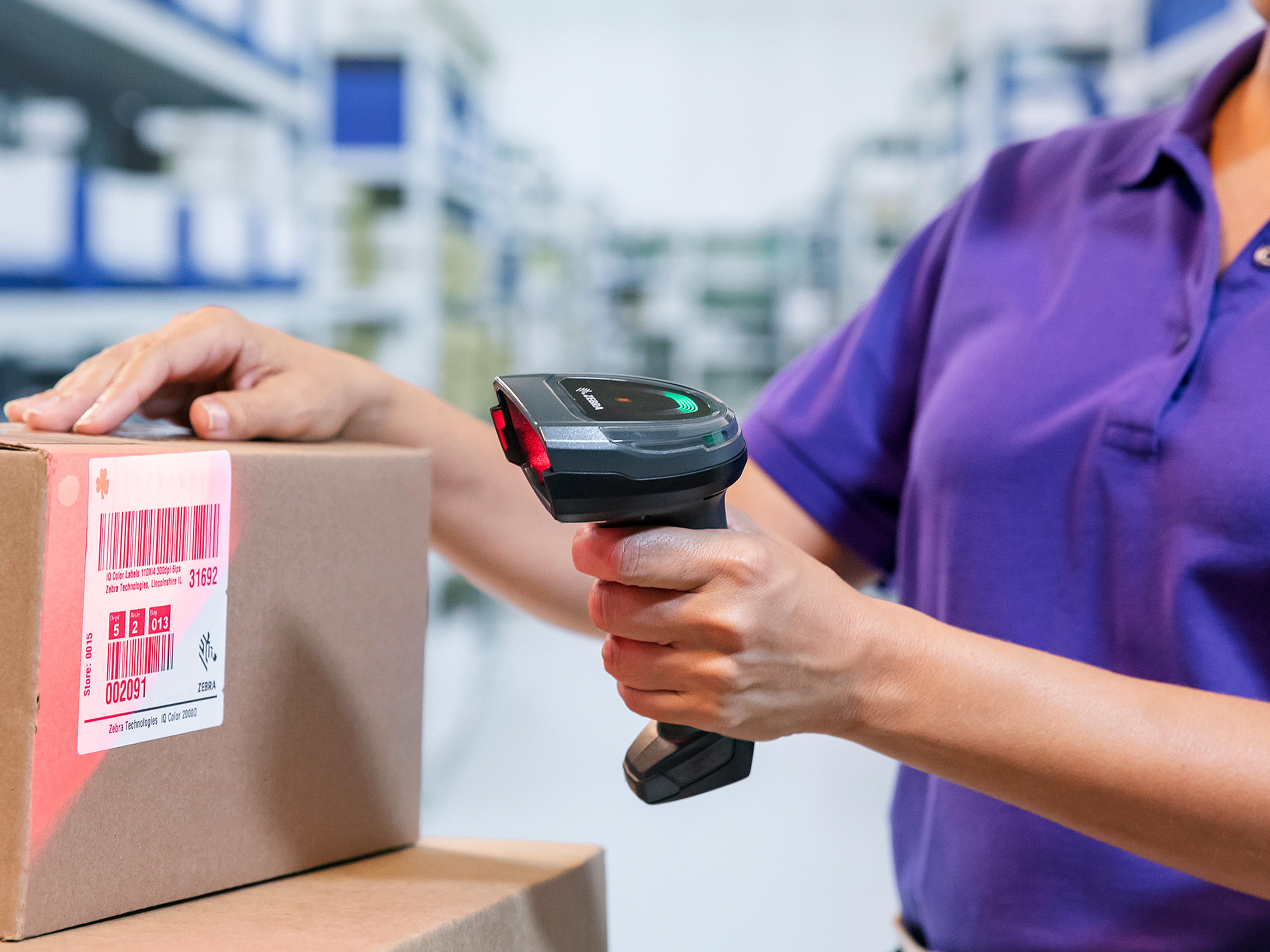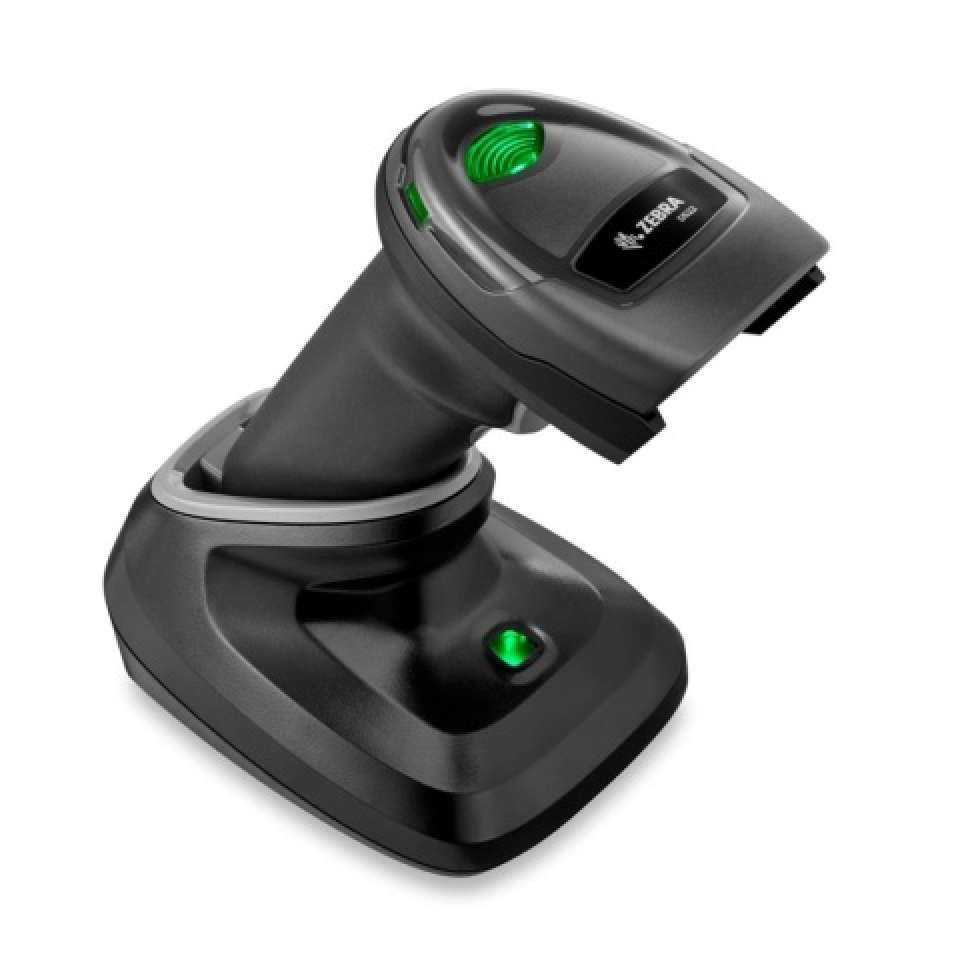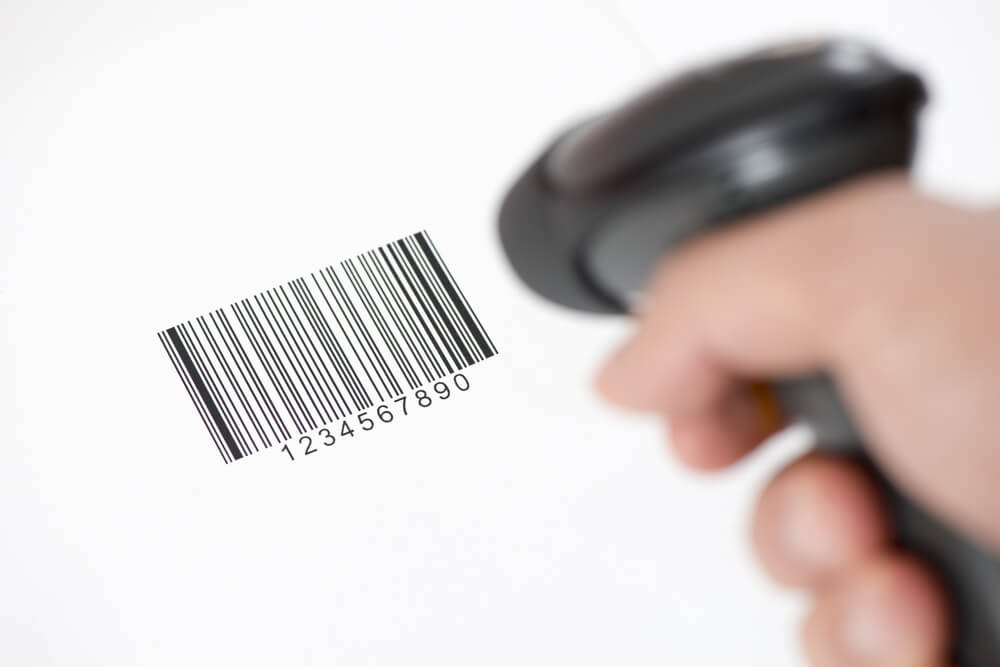Picking the Right Barcode Scanner for Your Organization Demands
Choosing the proper barcode scanner for your organization needs a nuanced understanding of your certain operational needs and environmental problems. Variables such as scanner kind, speed, and compatibility with existing systems play a critical duty in determining the best option. Factors to consider around toughness, connection, and the overall price of possession can substantially affect long-term efficiency. Recognizing these components is vital, yet many services neglect crucial elements that can influence their general productivity. The next action in this procedure can make all the distinction for your procedures.
Recognizing Barcode Scanner Kind
When it involves choosing a barcode scanner, comprehending the different types offered is crucial for conference details business demands. Barcode scanners can be classified into a number of kinds, each developed for different applications and atmospheres.
Fixed-mount scanners, on the other hand, are made for high-volume scanning applications, commonly discovered in setting up lines or checkout counters. These scanners are installed in a stationary position, allowing for quick scanning of multiple products in sequence.
One more kind is the mobile computer, which integrates scanning capabilities with calculating power. These devices are perfect for area operations or storehouse administration, enabling data collection and real-time inventory tracking. Additionally, there are industrial scanners that are developed to withstand harsh settings, such as severe temperatures or exposure to dust and dampness.

Key Functions to Take Into Consideration
What vital functions should organizations prioritize when selecting a barcode scanner? Scanning rate is vital, as faster scanners boost functional performance, specifically in high-volume environments. The scanner's capacity to read numerous barcode styles is also crucial; ensure it sustains preferred types like QR codes, UPC, and Code 128 to suit diverse stock items.
Sturdiness is one more key function, specifically for services in tough settings. Look for designs that are constructed to endure decreases, dirt, and dampness. In addition, think about the connectivity options readily available; whether you choose USB, Bluetooth, or Wi-Fi, the ideal connection can boost combination with existing systems.

Evaluating Your Organization Setting
To properly choose a barcode scanner, businesses need to analyze their certain operational setting. This assessment includes evaluating the physical layout of the office, the nature of the items being checked, and the regular conditions under which scanning takes place. A retail environment might call for handheld scanners that can promptly process transactions at the checkout, while a stockroom setup might profit from ruggedized scanners developed to withstand harsher problems.
In addition, think about the quantity of scanning needed. High-throughput environments may demand sophisticated scanning innovations, such as fixed-position scanners or mobile phones that can operate effectively in fast-paced circumstances. The assimilation capacities with existing stock administration systems additionally play a crucial function; ensure the picked scanner can seamlessly get in touch with software application platforms in usage.
Furthermore, examine the possibility for growth and scalability. A scanner that meets existing demands may not suffice as service expands. By extensively assessing these variables, businesses can pick a barcode scanner that not just fulfills immediate needs but also sustains long-lasting operational performance and flexibility. This calculated strategy inevitably adds to smoother processes and boosted performance.
Budgeting for Your Scanner
Having assessed the functional setting and recognized the details demands for a barcode scanner, the next action entails cautious budgeting to make click here for more certain a smart monetary investment. Developing a budget plan begins with figuring out the total expenses related to the scanner, including initial purchase price, operational expenses, and prospective upkeep costs.
When choosing a barcode scanner, think about the variety of available choices, from portable gadgets to fixed-position scanners, as costs can differ dramatically. It is necessary to balance expense with performance; going with a much more cost effective version may lead to raised operational inefficiencies if it does not satisfy your service demands.
In enhancement to the equipment, element in costs associated to software program, training, and possible upgrades. While it may be alluring to lessen upfront expenditure, spending in link a quality scanner that straightens with your functional needs can yield lasting savings through improved performance and lowered downtime.
Finally, take into consideration the complete expense of possession, which encompasses the scanner's life-span and prospective resale worth. By thoroughly intending your budget, you can guarantee that your investment in a barcode scanner will certainly improve your functional efficiency and monetary performance.
Assimilation With Existing Solution
Integrating a barcode scanner with your existing systems is critical for maximizing its efficiency and ensuring smooth procedures. barcodes scanners. A well-integrated scanner improves operations efficiency, reduces errors, and increases information handling. When choosing a barcode scanner, consider compatibility with your present software program and equipment facilities, including your stock management systems, point-of-sale (POS) systems, and venture resource planning (ERP) solutions
Evaluate whether the scanner makes use of standard protocols such as USB, Bluetooth, or Wi-Fi, which can promote easy integration. In addition, analyze whether the scanner's software application offers APIs or SDKs that enable for personalization and combination with proprietary systems. This is especially essential for organizations with special functional demands.
In addition, consider the scalability of the scanning service. As your organization expands, your systems ought to have the ability to accommodate extra scanners and deal with raised data volumes without substantial reconfiguration. Ultimately, buying a barcode scanner that flawlessly incorporates with your existing visit site systems will certainly yield lasting benefits, enhancing precision, performance, and overall efficiency within your procedures. Make the effort to extensively examine your integration needs before buying choice.

Conclusion
Finally, selecting an appropriate barcode scanner requires an extensive examination of different elements, including scanner types, necessary attributes, and the particular service setting. Correct budgeting for both procurement and functional costs is imperative, together with ensuring compatibility with existing systems. By carefully thinking about these aspects, services can enhance performance and efficiency, eventually causing improved functional results. The right barcode scanner acts as an important tool in enhancing procedures and promoting reliable inventory monitoring.